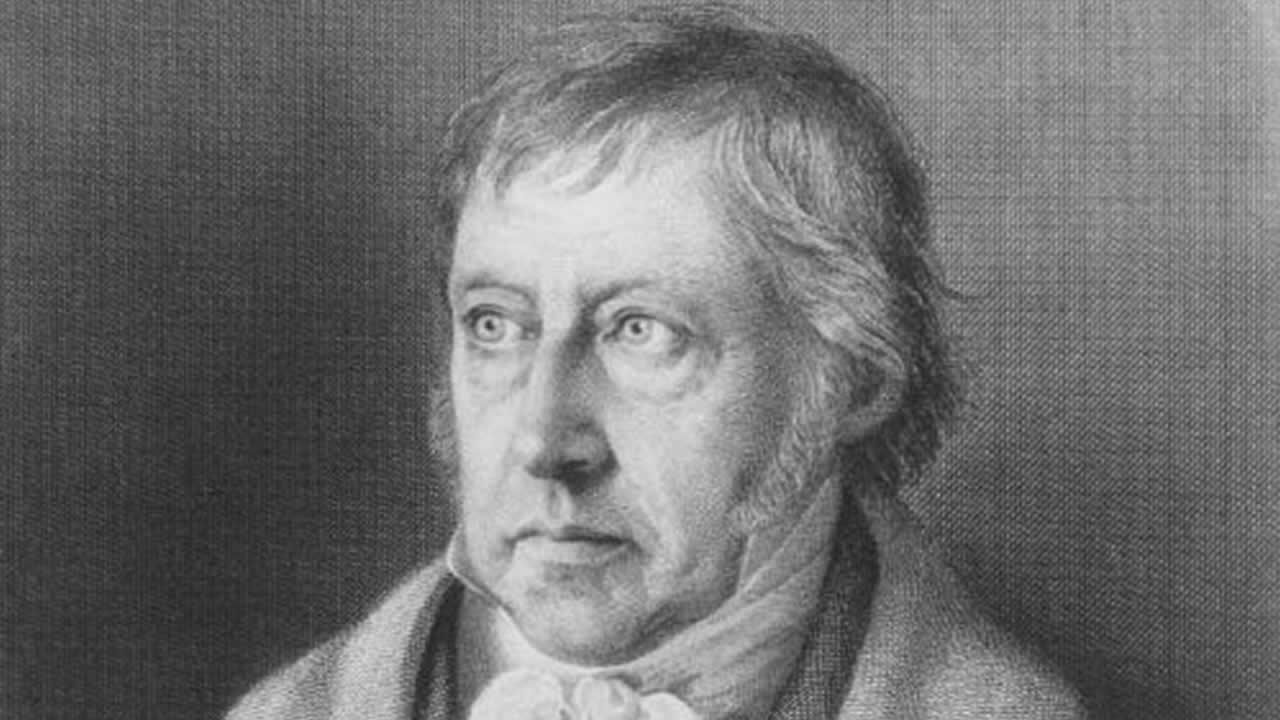Idealism has a non-identity problem
Not so long ago, I wrote here about non-conceptuality and non-identity. The crippling inability of idealism to think non-identity and non-conceptuality is one of the main reasons why I disqualify idealism in the first place. Today, let's explore the arguments in favor of such a claim.
We can turn again to Adorno and more precisely, as Iain Macdonald notes in What would be different: figures of possibility in Adorno, to Hegel: Three studies and Graeculus (II) Notizen zu Philosophie und Gesellschaft 1943 - 1969 where the German philosopher gives us directions to understand the idealistic fallacy. As Jamila Mascat puts it, "Hegel sacrifices the non-conceptual in the name of the identical (through abstract categorization)."[1] What does that mean?

Georg Wilhelm Friedrich Hegel
Let's quote Adorno to shed some light on this idea :
Hegel’s content-based philosophy had as its foundation and result the primacy of the subject or, in the words of the celebrated phrase from the Introduction to the Logic, the "identity of identity and non-identity"[2]. The determinate particular should therefore let itself be defined by spirit because its definition is nothing but spirit. Without this supposition philosophy would in his view no longer be capable of recognizing essential matters of substance unless the concept of dialectics that was derived from idealism harboured experiences that, contrary to Hegel’s own insistence, were not described by the idealist apparatus itself.[3]
Despite his emphasis on negativity, Hegel keeps trying to reduce non-identity and merely mediates it through identity. Strangely enough, Hegel, and this is one one his big ideas, admits that the immediate experience of particularities – Adorno's experience of the non-conceptual – exceeds any attempt to subsume it under a conceptual category due to its "necessary inexhaustibility" (in R. Brandom's words), but fails to see anything else than the identical side of the non-identical. He considers it as a tool of identity or as Adorno writes in the first pages of Minima Moralia "he opts for the liquidation of the particular".
Regarding Hegel's approach to the non-identical, I couldn't agree more with Adorno: Hegel is not dialectical enough. He was right to mediate the non-identical but the non-identical is at the same time identical and non-identical: "the characteristic concept of the non-identical, which transforms it into something identical, or into something self-identical, has non-identity as its content."[4] We cannot grant the identical an ontological primacy over the non-identical since the non-identical constitutes the identical, nor can we think identity without non-identity.
The mediation of the non-identical shouldn't reduce it in any way – especially to make it a transient movement to identity.
Find Paul Dablemont on mastodon | Get Philosohical Annexes in your inbox | © 2024 Paul Dablemont. All rights reserved.
J. Mascat, "Du contingent et des marges de la philosophie : Hegel à l'épreuve d'Adorno", in Aubert Isabelle et Katia Genel (éd.), Adorno: dialectique et négativité, Paris, Librairie philosophique J. Vrin, coll. « Bibliothèque d’histoire de la philosophie », 2023, p. 91 ↩︎
G. W. F. Hegel, The Science of Logic, Translated by George di Giovanni. Cambridge: Cambridge University Press, 2010. p. 78 ↩︎
T. W. Adorno, Lectures on negative dialectics: fragments of a lecture course 1965/1966, Rolf Tiedemann (éd.), Livingstone (trad.), Cambridge, Polity, 2008, p. 184-185 ↩︎
Adorno Theodor, Graeculus (II) Notizen zu Philosophie und Gesellschaft 1943 - 1969, Rolf Tiedemann (éd.), München, Edition text + kritik, 2021, p. 11–12 ↩︎